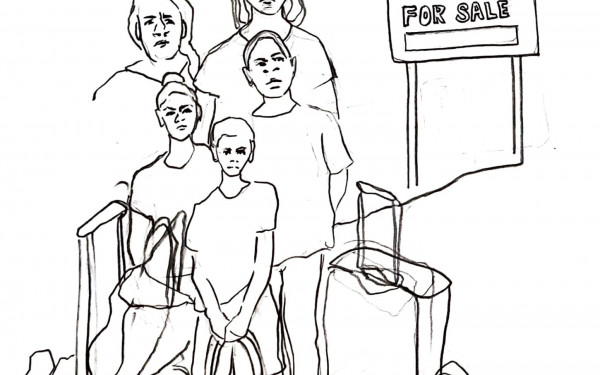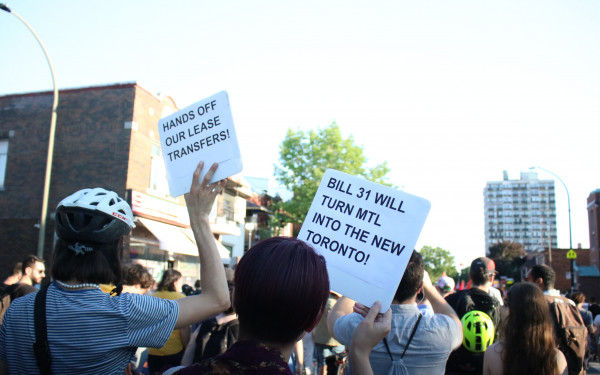To Rent or Not to Rent
Students looking for an apartment in Montreal typically have to trust that a potential landlord isn’t ripping them off—but there may be a solution in the works.
After a particularly horrifying experience with a landlord in the Plateau, Université de Montréal student Youssef Allami created a website in July 2015, which allows tenants to rate their landlord and the quality of the apartment they live in.
This way, “tenants can make informed choices before signing their lease,” said Allami in an email, “and are less likely to end up with unfortunate surprises along the year.”
The project called Should You Rent?, or Louer Ou Pas?, offers a user-friendly space for all tenants across Canada to express the pros and cons of their current apartment for their next neighbours or future tenants. The website includes a map showing apartments which have been reviewed, options to see the reviews in list or grid format, and an easy-to-find search bar.
Reviews on Should You Rent? are based on a five-star system. Criteria to review landlords includes completing repairs and communicating in a timely manner, addressing your concerns and being easy to work with. For apartments, tenants can rate the location, noise and temperature insulation, house conditions, and washer and dryer.
Not all landlords in Montreal are a “ray of sunshine.” The website is an opportunity for unlucky tenants to hold their bad landlords accountable for doing things like taking advantage of their security deposit, or taking a long time to change the locks.
Should You Rent? is not, however, a place for tenants to voice personal concerns. The website clearly states that “a review may not include hateful content or information that may cause damage to a landlord’s personal reputation.”
While this is all well and good for the tenants, particularly vulnerable students from outside of Montreal, what about the landlords? How much power do they have to change their reviews online?
A landlord can make a request to delete a comment but it will only be removed if they have proof that the claim is false.
Otherwise, landlords only have the power to reply to comments made about their services. In order to manage their own apartment page on the website landlords must pay a fee which is not listed on the website. This allows them to add information about rent price and other specifics, add photos of the apartment, and notify other users of any changes made to the apartment.
At the surface, Should You Rent? is a great idea—as stated in last week’s editorial, anyone can become a landlord, and this can be a problem. Greater accountability and shared knowledge about which apartments and landlords to avoid are solutions that Should You Rent? attempts to offer.
However, without a greater database of reviewers and apartments, the website doesn’t depict a true image of Montreal, let alone the rest of Canada’s apartments and property owners. With only one apartment reviewed in Calgary and three in Toronto, it’s clear this Montreal-based website has yet to leave the boundaries of the island.
To rate your landlord and apartment for future tenants, visit shouldyourent.com.


_600_832_s.png)




_600_375_s_c1.png)